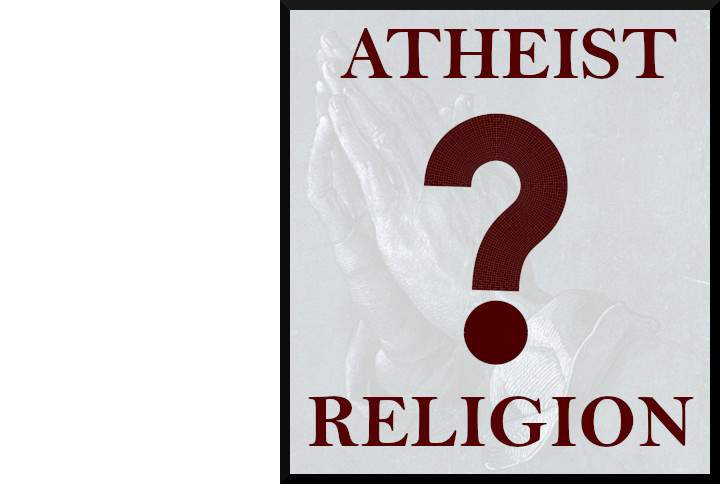An atheist inmate at an upstate New York prison won in a backdoor fashion when he joined five of his fellow prisoners in a lawsuit asserting religious rights to witness the April 8 total eclipse despite a prison lockdown. In a settlement agreement, the six felons will be permitted to view the eclipse.
The law firm representing the inmates said the agreement “will allow our six clients to view the solar eclipse in accordance with their sincerely held religious beliefs.” Granting religious rights to the five prisoners who belong to a religion is not the issue: the issue is granting religious rights to the atheist. That is absurd.
The root of the problem lay in the boneheaded decision recently made by the Woodbourne Correctional Facility to grant the request of the atheist, Jeremy Zielinski, to recognize atheism as an official religion. The fact that he is a convicted serial rapist (he previously served time for raping a child) is reason enough to deny him anything but the most elementary of rights. But the ruling by the prison declaring atheism to be a religion still needs to be reversed.
To say that atheism is a religion is an oxymoron. It makes as much sense as talking about true fiction. Atheism is the absence of belief in God, thus its negation is also its disqualifier: the proposition that atheism is a religion implodes. Moreover, the Secular Humanist Association defines atheism as “religious disbelief.”
To be sure, there are websites, such as quora.com, that argue otherwise. It says that “The Supreme Court has recognized atheism as equivalent to a ‘religion’ for purposes of the First Amendment on numerous occasions.” The “numerous occasions” amount to two, and it is wrong on both.
In neither decision (McCreary County, KY v. ACLU and Torcaso v. Watkins) does it mention the words “atheist” or “atheism” even once. The website says that in the latter decision, it “specifically included ‘Secular Humanism’ as an example of religion.”
Not so fast.
It is true that Supreme Court Justice Hugo Black (a former Klansman who joined the KKK to fight Catholics) rendered a footnote in Torcaso that named “Secular Humanism” as a religion that does not believe in God. But unlike Buddhism, which fits this description, Secular Humanism does not. Black’s assertion is contradicted by the American Humanist Association.
It defines Humanism as “without theism and other supernatural beliefs” (its italics). It says its mission “is to advance humanism, an ethical and life-affirming philosophy free of belief in any gods and other supernatural forces.” The organization further contends that “More than two-thirds of people who identify as humanists and who are members of the American Humanist Association also identify as atheists.”
To blow an even bigger hole in these myths about atheism and Secular Humanism, consider that according to the Atheist Revolution, “secular humanists go beyond atheism, rejecting not just the notion of god(s) but of anything supernatural.”
This does not mean that atheists and non-theists have no rights. The International Religious Freedom Act, signed by President Obama, says that “The freedom of thought and religion is understood to protect theistic and non-theistic beliefs as well as the right not to profess or practice any religion.”
Just don’t call atheism a religion and waste time weighing the “religious” rights of atheist felons. They have none.







